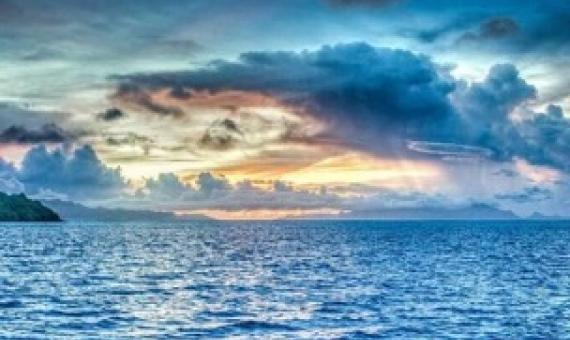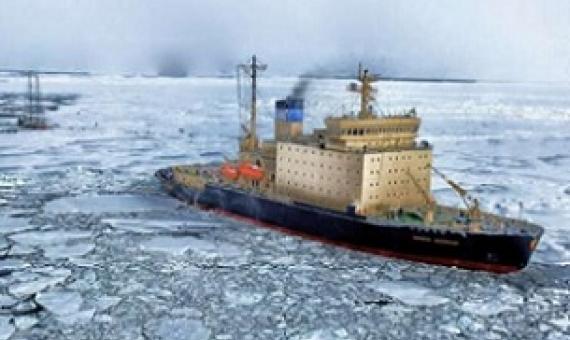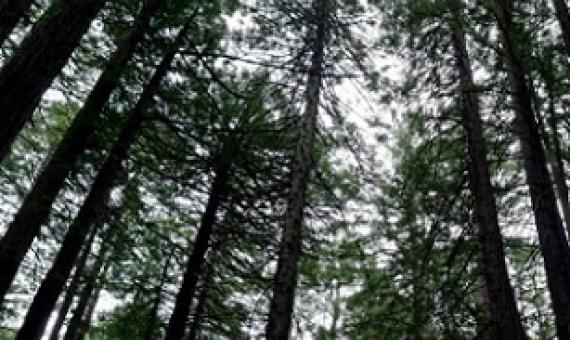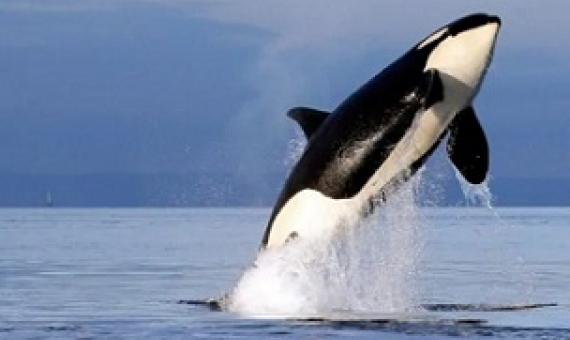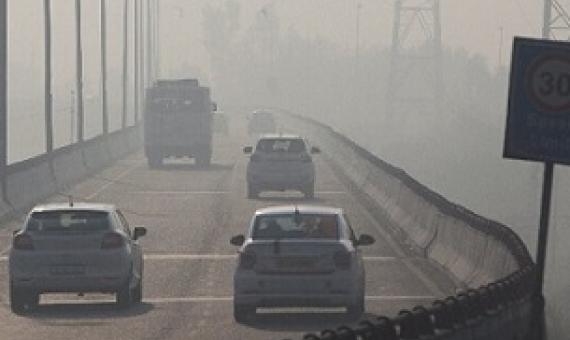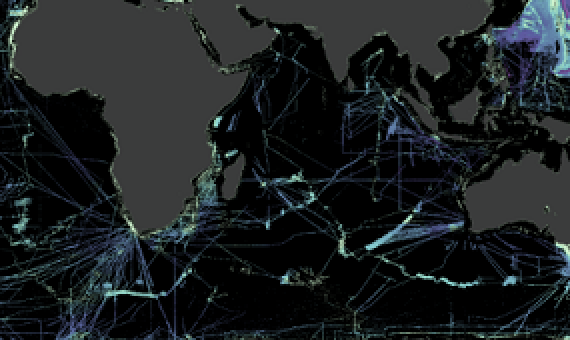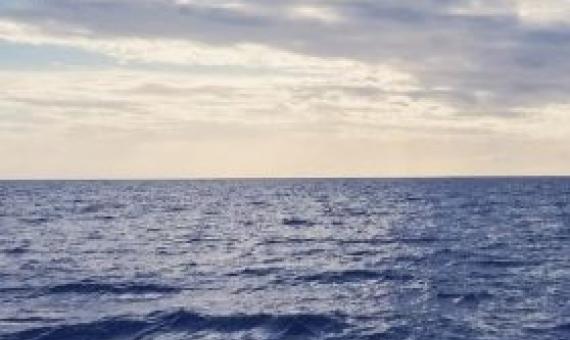A new relationship between humanity and the ocean is required to secure the continuity of the diverse life support roles provided by the sea, according to a paper published in Nature Communications on 17 July 2020.
Scientists at Stanford University have discovered a surprising shift in the Arctic Ocean.
"This report unequivocally tells us that the time to finance nature—for people and for planet—is now." That's how Jamison Ervin, manager of the Global Program on Nature for Development at the United Nations Development Program (UNDP), summed up a new study commissioned by Campaign for N
Canada has joined an international group of nearly two dozen other countries working to protect the world's oceans. The Global Ocean Alliance, founded by Great Britain last year, seeks to protect 30 per cent of the world's oceans by 2030. "Working in partnership is the only way we're go
Airborne microplastics from traffic pollution may be entering the world's oceans at a similar rate to that from rivers, according to new research Tuesday warning that the particles may also speed up Arctic ice melt.
Preconditions for a Blue Economy
The term Blue Economy has become increasingly used over the past decade, despite its lack of definition, with a multitude of agents and agencies finding the name acceptable to frame their ‘economy’ strategies, regardless of the hue. There are also many sceptics, given the long succession of let-downs since the 1980s such as when a similarly attractive term, sustainable development, was coined and supposed to meet economic, social and environmental objectives but in practice mainly focused on the economy at the expense of the environment.
Traditional knowledge and the BBNJ instrument
Indigenous Peoples and local communities (IPLCs) are the holders of a vast amount of traditional knowledge of the ocean and its resources.
A Better World (Vol.6)
With the establishment of the United Nations Sustainable Development Goals (SDGs) in 2015, the Human Development Forum launched a series of publications entitled A Better World, each volume dedicated to one of the 17 SDGs. This volume, published in June 2020, covers Goal 14 — Conserve and sustainably use the oceans, seas and marine resources for sustainable development. It is our belief that enhancing the contribution of marine biodiversity is hugely beneficial to the world in general, and to the future of small island developing states and least developed countries in particular.
A group of scientists has successfully mapped one-fifth of the world’s ocean floor, a significant milestone for the team on its mission to measure every depth and recess of the planet's seabed by the end of the decade. With about 71 per cent of our planet’
Today, the High Level Panel for a Sustainable Ocean Economy issued the following statement to mark World Oceans Day: “Today, we celebrate World Oceans Day under unprecedented circumstances, as the world battles the COVID-19 pandemic and its associated health and economic challenges.

